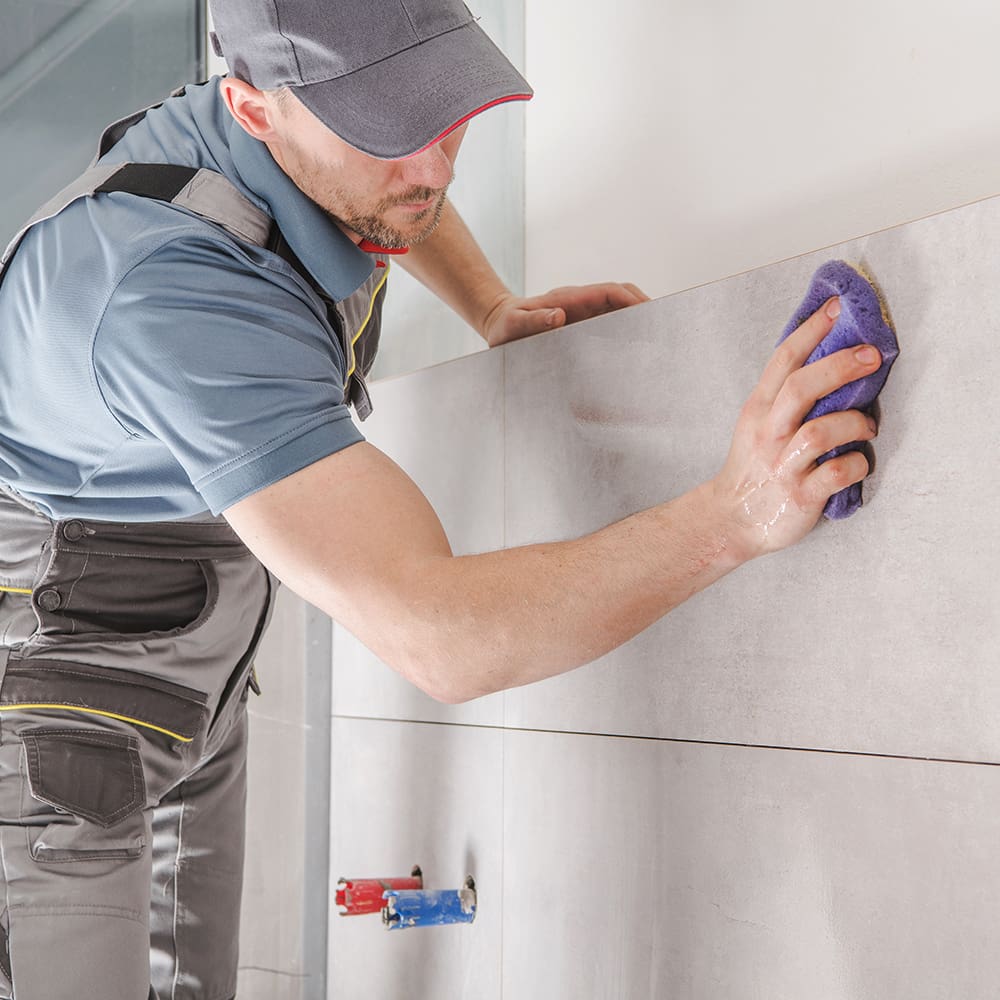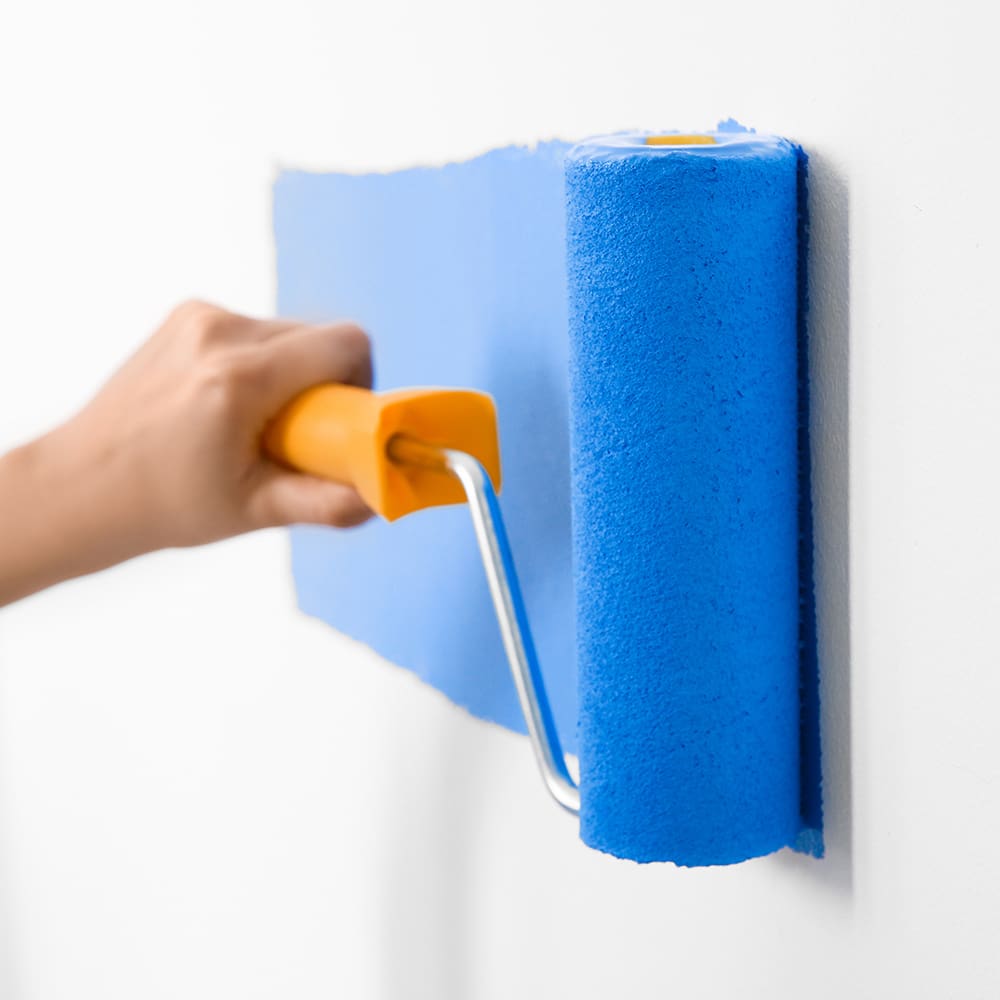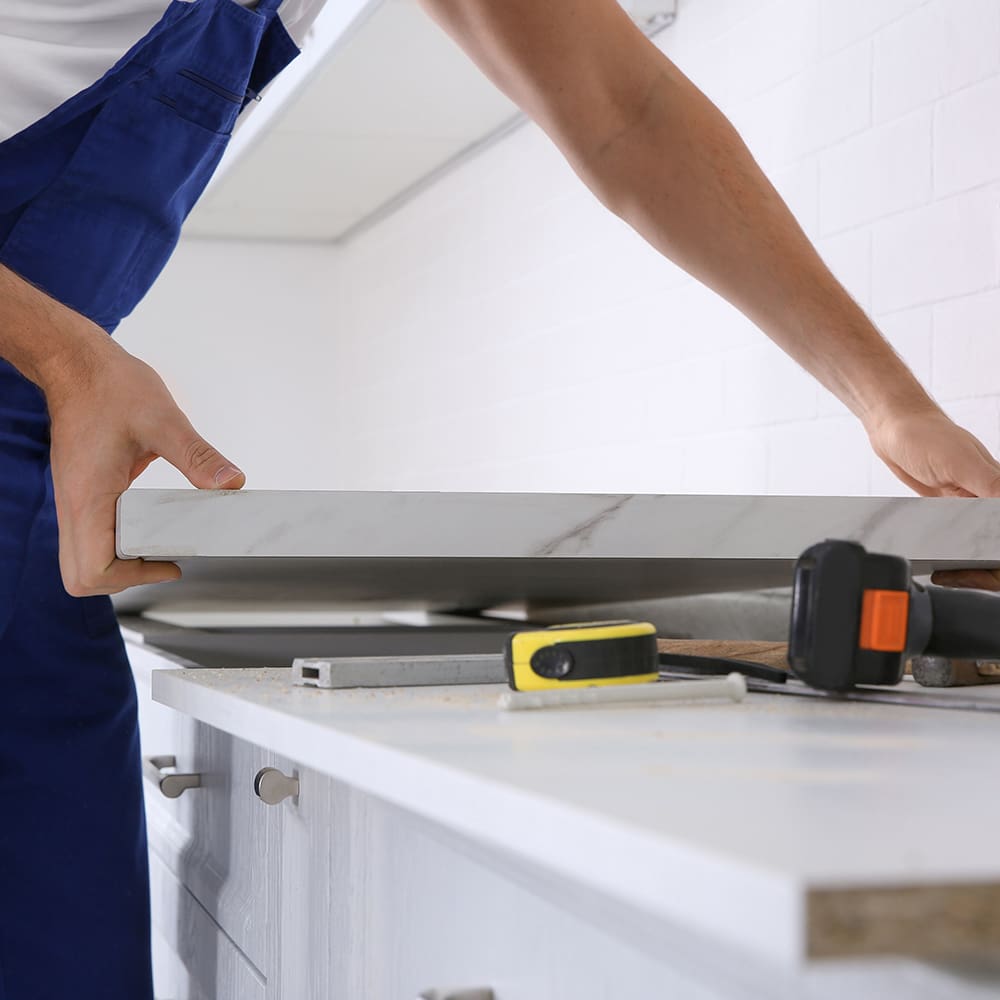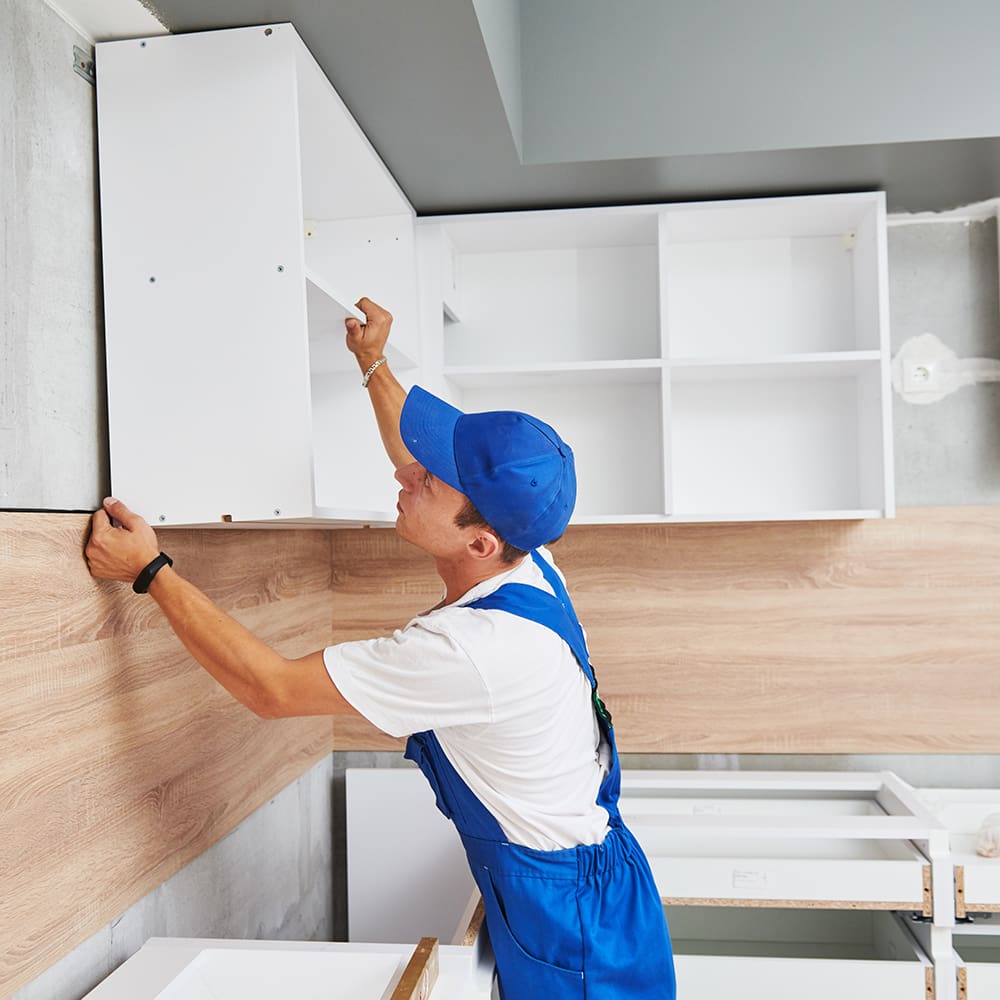Budgeting Your Tile Flooring Project for Homeowners
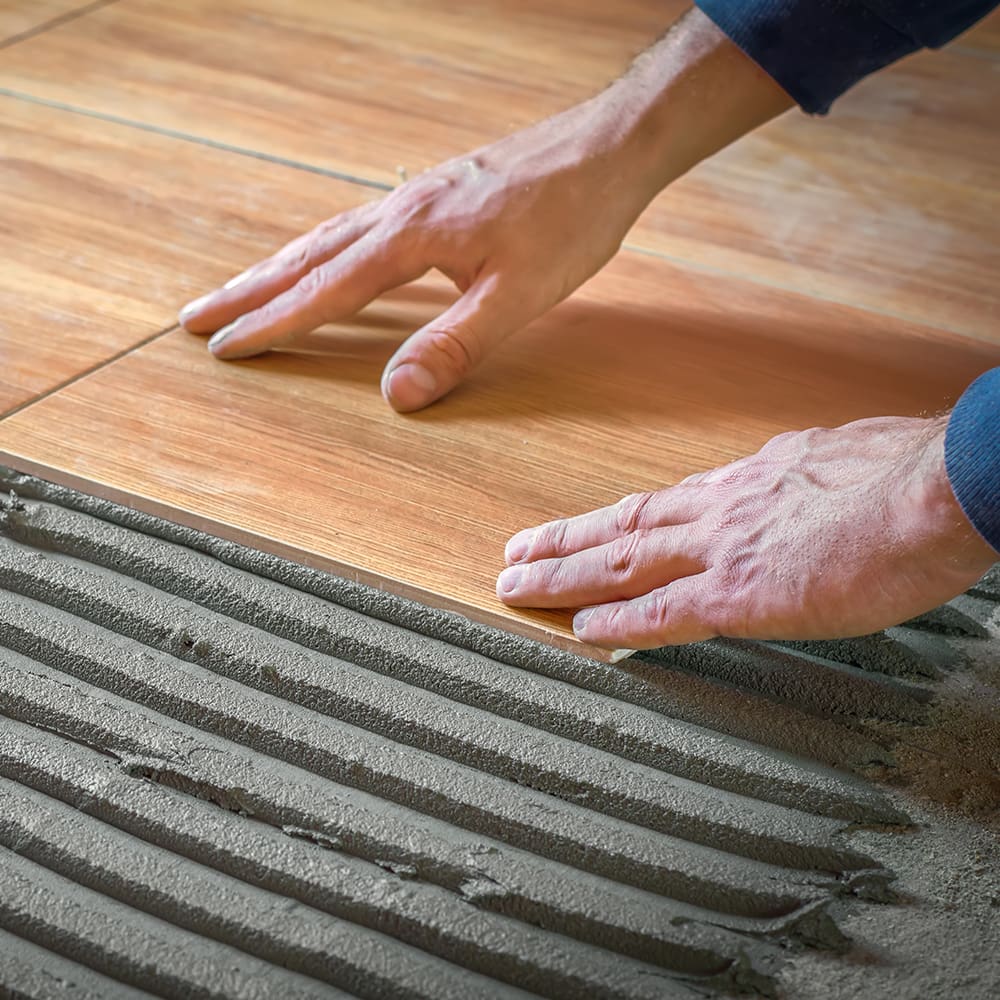
Whether you're renovating your home or building from scratch, selecting the perfect flooring is crucial. Tile flooring is a popular choice due to its durability, aesthetic appeal, and ease of maintenance. But how much does it cost to install tile flooring? This blog post will provide comprehensive insights into the factors influencing tile flooring costs, helping you make an informed decision.
In this article
Whether you’re renovating your home or building from scratch, selecting the perfect flooring is crucial. Tile flooring is a popular choice due to its durability, aesthetic appeal, and ease of maintenance. But how much does it cost to install tile flooring? This blog post will provide comprehensive insights into the factors influencing tile flooring costs, helping you make an informed decision.
The Basics of Tile Flooring Costs
Understanding the basics of tile flooring costs is the first step. On average, the cost to install tile flooring ranges between $7 and $15 per square foot. This price includes materials and labor but can vary based on several factors, which we will explore in detail.
Material Costs
The type of tile you choose significantly impacts the overall cost. Ceramic tiles are generally more affordable, ranging from $1 to $7 per square foot. Porcelain tiles, known for their durability, are slightly pricier, starting at $3 and going up to $10 per square foot. Natural stone tiles like marble or granite are the most expensive, costing between $5 and $15 per square foot.
Labor Costs
Labor costs for tile installation typically range between $4 and $14 per square foot. The complexity of the installation process affects this price. Simple, straightforward installations cost less, while intricate patterns or layouts increase labor costs. Always get multiple quotes from contractors to ensure you’re getting a fair price.
Additional Materials
Don’t forget to budget for additional materials such as grout, adhesive, and underlayment. These materials can add an extra $1 to $2 per square foot to your total cost. While these might seem like minor expenses, they can quickly add up, particularly in larger projects.
Factors Affecting Tile Flooring Costs
Several factors influence the final cost of installing tile flooring. Understanding these can help you plan your budget more effectively.
Room Size and Layout
The size and layout of the room play a significant role in determining the cost. Larger rooms require more tiles and labor, increasing the overall expense. Additionally, rooms with irregular shapes or numerous corners may incur higher labor costs due to the increased complexity of the installation process.
Tile Quality and Design
Higher-quality tiles with unique designs often come at a premium price. If you’re looking for custom or designer tiles, be prepared to pay more. However, these tiles can add a unique touch to your home, making the extra cost worthwhile.
Preparation Work
Before installation, the existing floor may need to be removed, which can add to the cost. Additionally, any necessary repairs to the subfloor or leveling work will further increase the expense. This preparation work is essential for ensuring a smooth and durable tile installation.
Cost Comparison of Different Tile Types
To give you a better idea of what to expect, let’s compare the costs of different types of tiles.
Ceramic Tiles
Ceramic tiles are a cost-effective option, ranging from $1 to $7 per square foot. They are versatile and come in various colors and patterns. Labor costs for ceramic tiles are generally lower, making them an excellent choice for budget-conscious homeowners.
Porcelain Tiles
Porcelain tiles are more durable and water-resistant than ceramic tiles. They cost between $3 and $10 per square foot. While they are more expensive, their longevity and resistance to wear and tear make them a worthwhile investment for high-traffic areas.
Natural Stone Tiles
Natural stone tiles, such as marble or granite, are the most luxurious and expensive option, costing between $5 and $15 per square foot. They offer unmatched beauty and durability, making them ideal for homeowners looking to add a touch of elegance to their homes.
DIY vs. Professional Installation
Deciding whether to install tile flooring yourself or hire a professional can impact your budget significantly.
DIY Installation
If you have experience with DIY projects, installing tile flooring yourself can save you a considerable amount on labor costs. However, keep in mind that tile installation requires precision and skill. Mistakes can be costly and time-consuming to fix.
Professional Installation
Hiring a professional ensures a high-quality installation, reducing the risk of errors. Professionals have the necessary tools and expertise to handle complex layouts and designs. While it may be more expensive upfront, professional installation can save you money in the long run by preventing costly mistakes.
Tips for Saving on Tile Flooring Costs
Here are some tips to help you save on your tile flooring project without compromising on quality.
Buy in Bulk
If you’re covering a large area, buying tiles in bulk can save you money. Many suppliers offer discounts for bulk purchases, reducing the overall cost.
Shop Around
Don’t settle for the first quote you receive. Shop around and compare prices from different suppliers and contractors. This can help you find the best deals and ensure you’re getting the most value for your money.
Opt for Simple Designs
Intricate tile designs can be beautiful but often come with higher labor costs. Opting for simpler designs can save you money while still achieving an elegant look.
Conclusion
Tile flooring can be a beautiful and durable addition to your home, but it’s essential to understand the costs involved. By considering factors like material, labor, and additional expenses, you can budget effectively and choose the best option for your needs. Whether you opt for ceramic, porcelain, or natural stone tiles, being informed will help you make a smart investment. For personalized advice and a more detailed cost breakdown, consider consulting with a professional tile installer.

